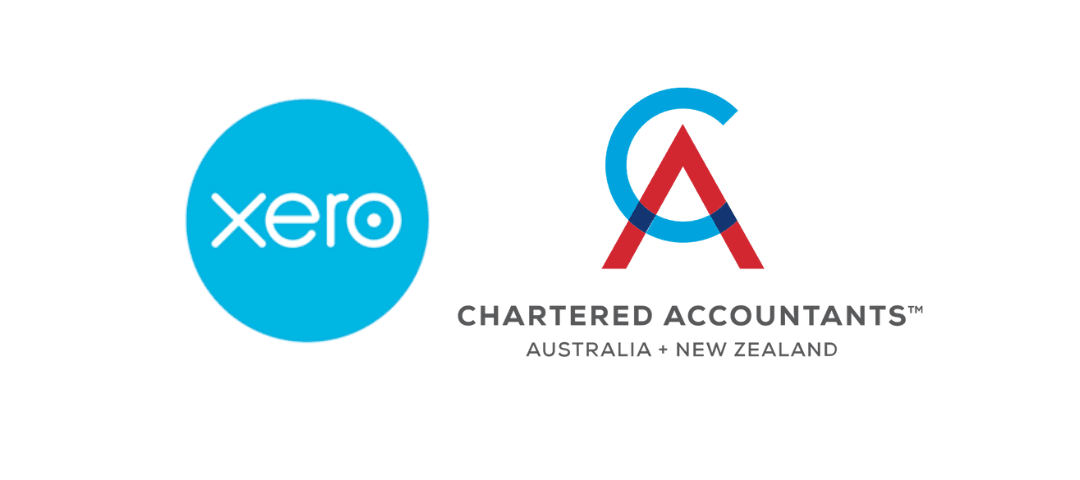Businesses providing short-term rental accommodation, such as AirBnBs, can offset a variety of expenses against their income. Likely expenses are advertising, cleaning, breakfast supplies, linen replacement, rates, insurance, power, and loan interest.
However, there are limitations on some deductions, depending on whether the property is part of the owner’s main home, a property used both for rent and private use such as a holiday home, or if it is used solely for short-term stays.
In summary, the deductibility of expenses for short-term rental businesses varies depending on the type of rental property and the time period involved, and each individual case needs to be considered due to the tax implications.
Interest limitation rules
The interest limitation rules restrict the deduction of loan interest from rental income for certain types of residential properties. For the 2024 and 2025 tax years, no interest can be claimed for loans on property purchases after March 2021. Only 50% of the interest on older loans can be claimed for the 2024 tax year, and 80% in the following year. However, from 1 April 2025, interest will be fully deductible for certain properties.
Mixed-use asset rules
The mixed-use asset rules apply to properties which are used both privately and to earn rental income if they are also unused for 62 days or more during the year. The claimable expenses will be a combination of fully deductible expenses (eg advertising & cleaning) and those split between business and private use (eg rates & insurance).
Residential property deduction rules (Ring-fencing)
The residential property deduction rules restrict the total claim for expenses to the total rental income earned in a tax year, but again they only apply to certain property types. The expenses for these properties can only be claimed against rental income and cannot be used to offset against other types of income.
This is called ring-fencing, and any excess expenses are carried forward to be claimed against rental income in future years.
Bright-line property rules
The bright-line property rules set out whether there will be income tax to pay on any profit from the sale of certain properties, depending on the date the property was purchased and the length of time that the property was owned.
Direct Expenses
Expenses such as advertising, cleaning, breakfast supplies and linen replacement directly relating to the rental business can be claimed for all types of short-term rentals.
Owner-occupied Main Homes
Expenses such as rates, insurance, power, and loan interest are claimed using a percentage of the area used for the business.
For example, if the home is 200m2 and the rented room is 20m2, 10% of the joint costs may be claimed.
The interest limitation rules do not apply, and claimable expenses are not limited by the ring-fencing rules and can be claimed in full.
The bright-line property rule does not apply and if the home is sold, any profit on the sale is not taxable, if over 50% of the property’s area was used as the main home.
Holiday Homes
The interest limitation rules apply to holiday homes unless they are a new-build property. The claimable portion of any loan interest is then split between business and private use, along with rates, insurance, and power.
A calculation is made using the number of days the property was used for both earning income and private use during the year to give the claimable expenses for the year.
For example, if the property was used for 20 weeks over the year, 16 of which were for paying guests and 4 weeks privately, the expenses would be multiplied by 16/20 weeks to give the claimable portion.
The ring-fencing rules do not apply to mixed-use assets such as holiday homes. However, if the income earned is less than 2% of the holiday home’s value and a loss is made for the year, deductions are limited to the amount of the income received. Any excess deductions are then carried forward to be claimed against rental income in future years.
The bright-line property rule applies to holiday homes.
Properties used solely for Short-term Rentals
The interest limitation rules, residential property rules and the bright-line rules all apply to properties that are not part of a private home and are not used privately by the owner.
The exception for the interest limitation rules is if the property is a new-build, the rules do not apply and interest may be claimed in full.
Summary
The deductibility of expenses for short-term rental businesses varies depending on the type of rental property and the time period involved, and each individual case needs to be considered due to the tax implications.
Contact Us
Contact Tim Doyle or Jane Evans today to discuss on 07 823 4980 or email us. Our office is in Cambridge, NZ, but distance is no problem. We have many international and national clients.
Disclaimer
This material has been prepared for informational purposes only, and is not intended to provide, and should not be relied on for, tax, legal or accounting advice. You should consult your own tax, legal and accounting advisors before engaging in any transaction.



